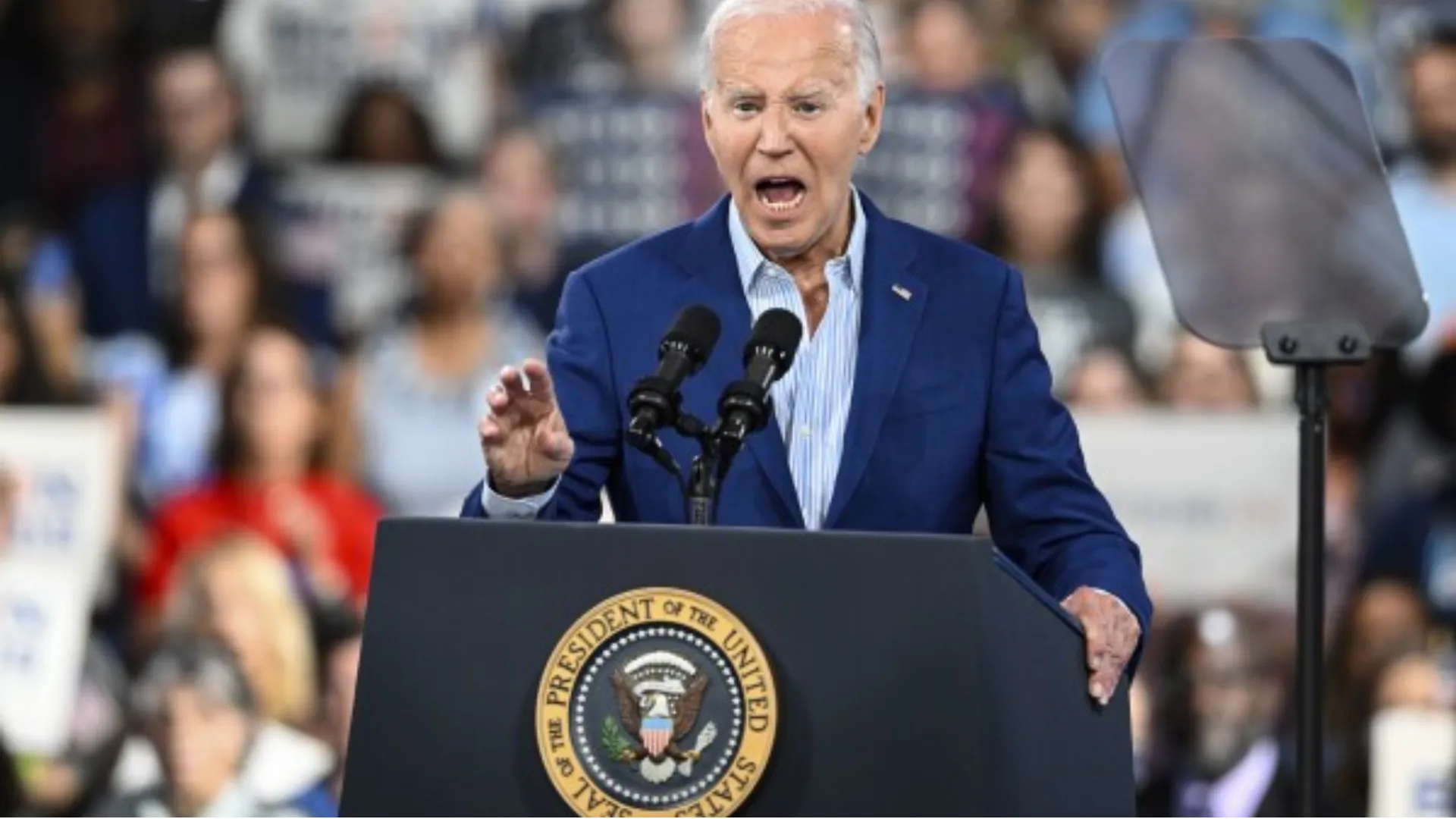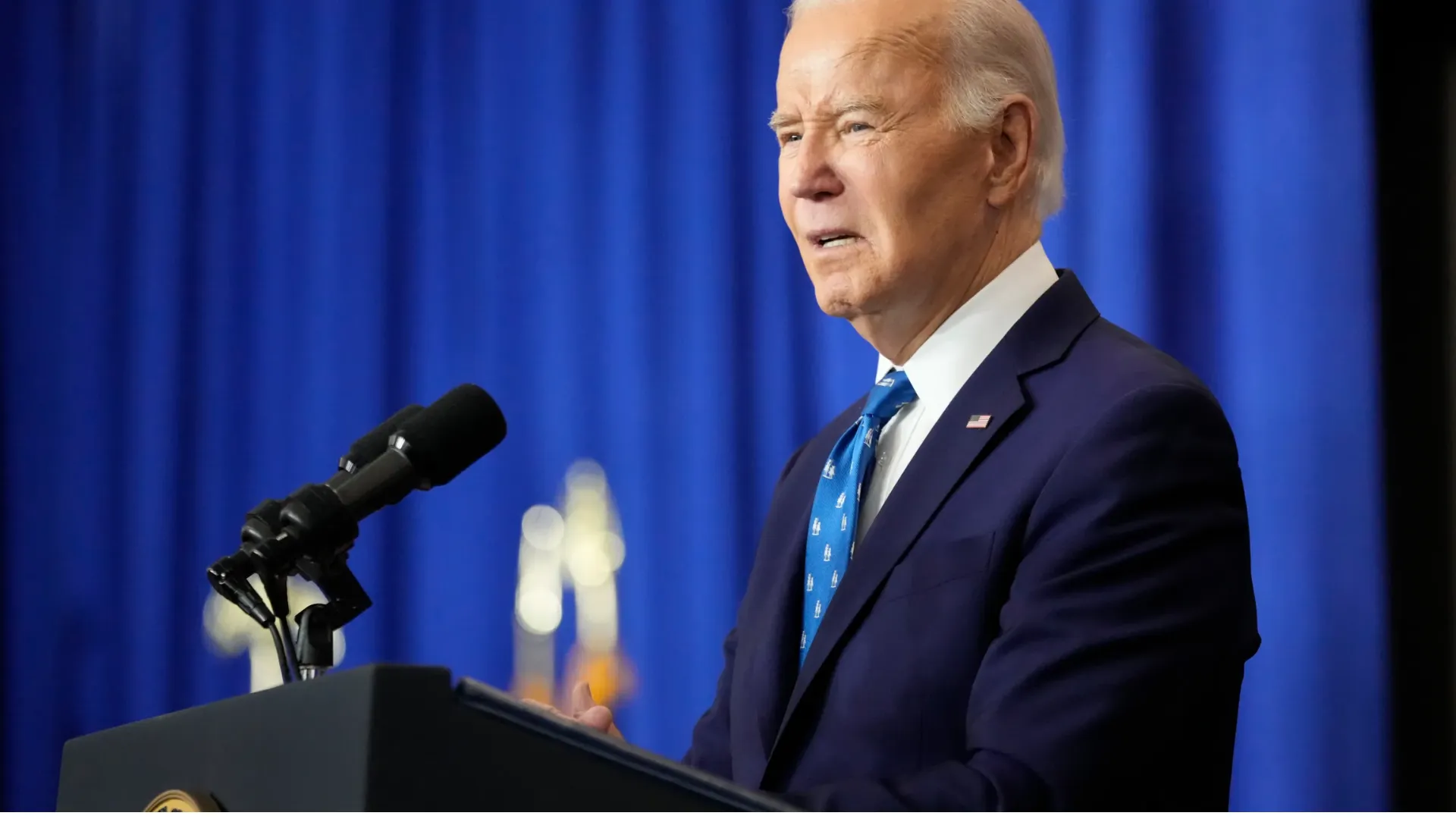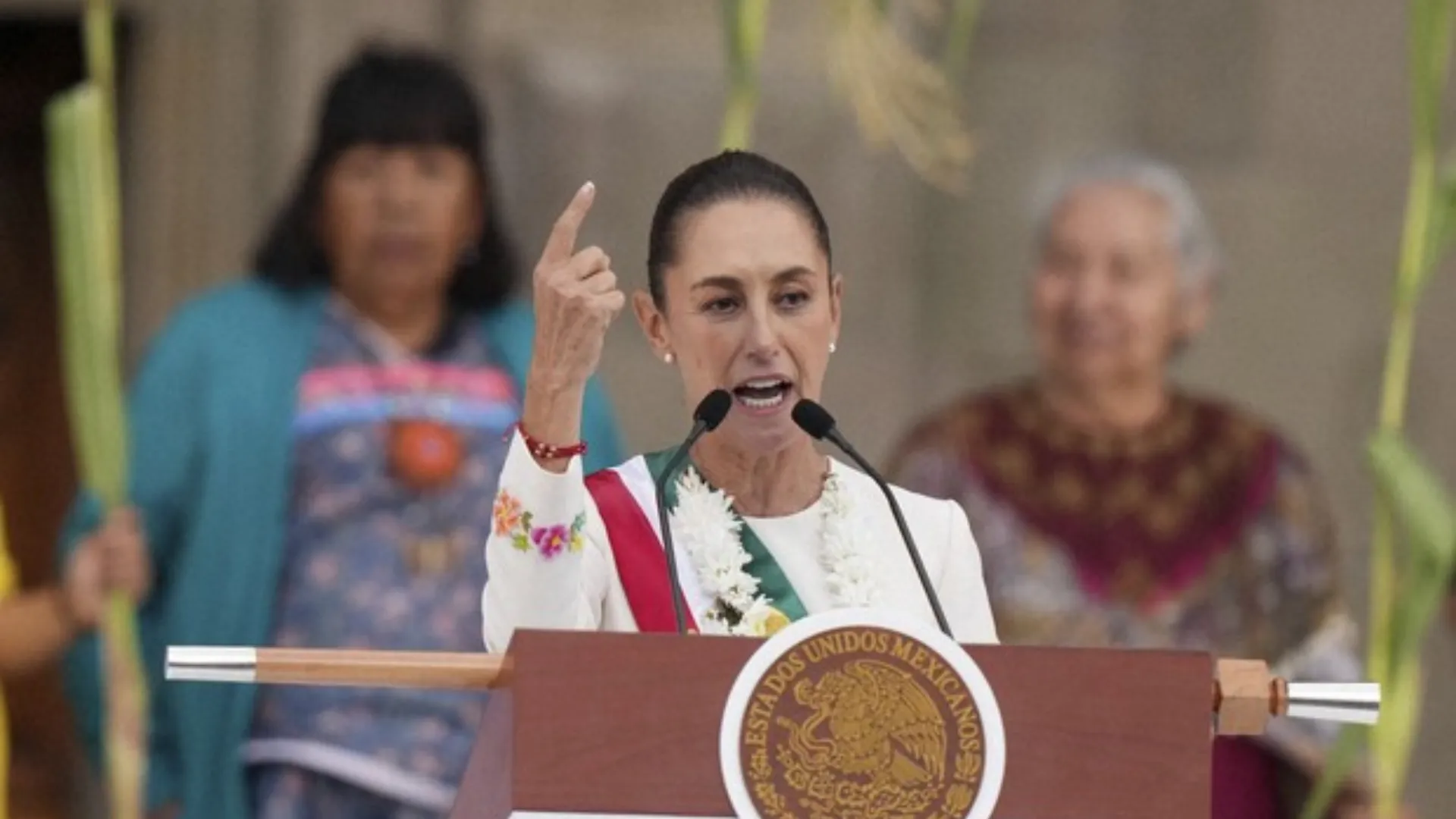French President Emmanuel Macron sharply criticized President Donald Trump’s proposal for the Gaza Strip, dismissing it as a misguided “real estate operation” rather than a legitimate political solution.
In a recent interview with CNN, Macron rejected Trump’s suggestion that Palestinians should temporarily leave Gaza while the U.S. takes control and oversees its rebuilding.
“You cannot say to 2 million people, ‘OK, now guess what? You will move,’” Macron stated. “The right answer is not a real estate operation; this is a political operation.”
Macron’s comments come as Trump continues to push his controversial idea, which has been met with strong opposition from Arab leaders and even some Republican lawmakers.
Despite this, Trump doubled down on the proposal, insisting that no U.S. troops would be involved and claiming that Palestinians do not actually want to live in Gaza.
During a meeting with King Abdullah II of Jordan on Tuesday, Trump reiterated his stance. In response, Abdullah informed him that Arab nations, along with Egypt, are working on their own proposal for Gaza’s future. The Jordanian king also emphasized that his country would be welcoming 2,000 sick Palestinian children for medical treatment.

Macron, who has previously criticized Israel’s military operation in Gaza, has expressed support for Israel’s right to defend itself but has urged for greater restraint. Following the October 7, 2023, Hamas attack on Israel, France took a measured approach, with Macron stating that his country would pause arms deliveries to Israel that could be used in Gaza.
In his CNN interview, recorded last Thursday before the Artificial Intelligence Action Summit in Paris, Macron reaffirmed his opposition to Israel’s military campaign.
“I always reiterated my disagreement with [Israeli] Prime Minister Netanyahu,” he said. “I don’t believe, once again, that such a massive operation targeting sometimes civilian people is the right answer.”
Macron’s pushback against Trump’s Gaza plan aligns with a broader rejection of the proposal by Arab nations. Following his meeting with Trump, King Abdullah issued a strong statement reinforcing Jordan’s opposition.
“I reiterated Jordan’s steadfast position against the displacement of Palestinians in Gaza and the West Bank. This is the unified Arab position,” Abdullah declared. He stressed that rebuilding Gaza without forcing Palestinians to leave should be the international community’s top priority.
Despite their disagreement, Abdullah praised Trump’s past efforts in brokering a ceasefire in Gaza, calling him a “man of peace.” He also urged the U.S. and other global stakeholders to ensure that the ceasefire holds and that humanitarian aid reaches those in need.

Trump’s proposal has sparked widespread controversy and skepticism, with critics arguing that it disregards the rights and sovereignty of the Palestinian people. By suggesting that Palestinians temporarily leave Gaza while the U.S. oversees reconstruction, the plan raises significant ethical and political concerns.
Arab leaders, including Abdullah, have maintained that any long-term solution for Gaza must prioritize Palestinian self-determination and address the humanitarian crisis without forced displacement. Many fear that Trump’s approach could lead to further instability in the region.
The strong opposition from Jordan and other Arab nations reflects broader concerns about external powers dictating the future of Gaza without Palestinian input. The idea of relocating an entire population, even temporarily, has been widely condemned as impractical and inhumane.
Macron’s remarks highlight a growing divide between the U.S. administration’s approach under Trump and European leaders who favor diplomatic solutions. France has consistently advocated for a two-state solution and has called for renewed negotiations between Israel and the Palestinians.

As tensions over the future of Gaza continue to mount, international leaders face increasing pressure to find a sustainable resolution. Macron’s outright rejection of Trump’s proposal underscores the challenges in reaching a consensus on the region’s future.
While Trump remains steadfast in his approach, the strong opposition from key allies like Jordan and France suggests that his plan faces significant roadblocks.
For now, the debate over Gaza’s future remains deeply contested. While Trump insists that his strategy offers a path forward, critics argue that it is neither feasible nor ethical.
With Arab nations working on their own proposals and European leaders like Macron pushing for political rather than transactional solutions, the path ahead remains uncertain.
The growing divide between Trump’s administration and global leaders like Macron highlights the complexity of the Gaza crisis.

As international opposition to forced displacement mounts, the question remains: will Trump modify his approach, or will the international community push back against his vision for Gaza’s future?




